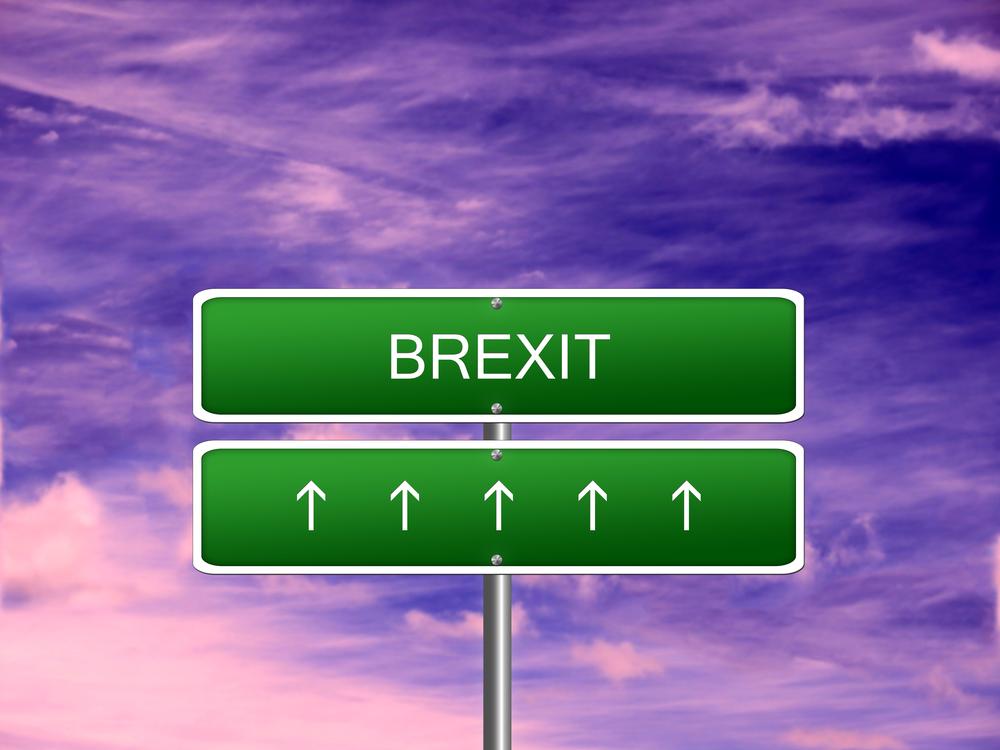
When the idea of a referendum was floated, it appeared to be nothing more than David Cameron desperately incentivising voters in the upcoming election. However, after a decisive win, we are faced with a situation that has become a reality. Famous figures and politicians are now coming out in support of both sides of the debate, but surely there can only be one right answer for Britain: In, In, In.
Trade is a necessity
The loss of European free trade to Britain would be nothing short of catastrophic. Should we leave the European Union, instead of trading as a part of the invaluable EU bloc, Britain would be cut adrift and left to trade on its own. Whilst this could mean we negotiate trade with large countries, and reap the benefits for ourselves, it is unlikely that other trading blocs would take the time to negotiate an agreement. Whilst we have a huge amount of power as part of one of the biggest trading blocs in the world – on our own, our country’s production pales into insignificance. It would be foolish to pretend otherwise and it risks seriously hindering trade and impacting on British businesses.
Without free trade within the EU, taxes on imports and exports would rise. According to The Economist, British dairy exports would incur an import tax of 55% to reach the EU market, with tariffs on some items of more than 200%. Cheddar cheese would face a tariff of €167 per 100kg, and average tariffs on clothing would push up their price in European markets by 12%.
These restrictions would also drive away any large automobile companies thinking of setting up in the UK and impact on British jobs, especially in the North. British-based producers would face a 4% tariff on car-equipment sales to the EU, and there would be pressure to impose tariffs on components imported from it.
A trade only agreement?
To counteract this, many people, including UKIP leader Nigel Farage, are pushing for a trade-only arrangement with the EU. A few countries do have this status: Norway, Iceland and Lichtenstein make up the European Free Trade Association. Whilst becoming part of this would mean that we have access to the trade market without being fully embroiled in the EU, there are several downsides.
Firstly, Norway still pays into the EU – something that Out campaigners are trying to avoid – and the countries in this agreement are still not free of EU legislation. They have to abide by EU employment and trade legislation, but do not have a say in its creation. Surely, it is better to remain in the EU and influence the making of laws which affect us – as a country that is used to being at the forefront of European legal negotiation, would we want to become one that stands in the shadows and accepts what is thrown at us?
The legal reality
A final point that will affect businesses in the UK is the turmoil the British legal system will be thrown into should we leave. A vast number of our laws, largely those that apply to businesses, have been created under the European Communities Act – which would be repealed. Where does this leave existing legislation? If it is all repealed at once, there exists a vacuum in which there are no applicable laws. The more likely option is that they will be repealed one by one – taking up a vast amount of Parliament time and leaving businesses in limbo for months, if not years. This period of uncertainty will dramatically impact on British business – why make a decision about the future, when it is unclear whether it will remain legal?
In or out – but nothing in-between
Essentially it is clear that, regardless of what hopeful politicians may say, the choice is either to be in the Union or out of it. It would be very difficult to negotiate a viable alternative and even if we did, we risk being excluded from important decisions and losing power. David Cameron’s “looser union” is nothing but wishful thinking.
When we joined the ‘Common Market’ in 1975, the choice was clear: free trade and free borders between several European countries could only be a good thing. However, the European Union is something that has evolved and grown whilst we’ve been part of it, to the extent that it is now unthinkable to leave. When we joined the Union, Britain was powerful in its own right; however now, we will find that we are insignificant compared to the size and the power of the EU as a whole.
Lastly, offering this monumental decision to the public as a referendum is a dangerous choice. Most people – myself included, probably – don’t fully understand the intricacies and long term repercussions that leaving the EU would entail and are heavily influenced by the mainstream media and political campaigns, neither of which tell the full story. It is a decision that we may well make with our hearts rather than our heads, and this constitutes a huge risk to the future of Britain. No one has ever left the EU – and it is almost certain that, should we realise it was a mistake, there will be no way back. If we choose wrongly in this referendum, it is future generations who will suffer the consequences.
Miranda Wadham on 13/10/2015
